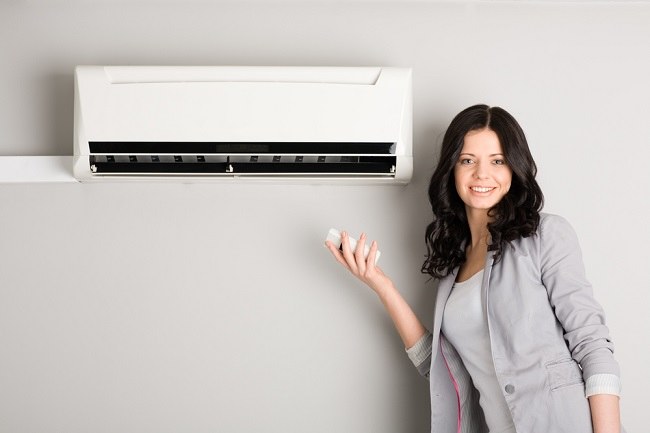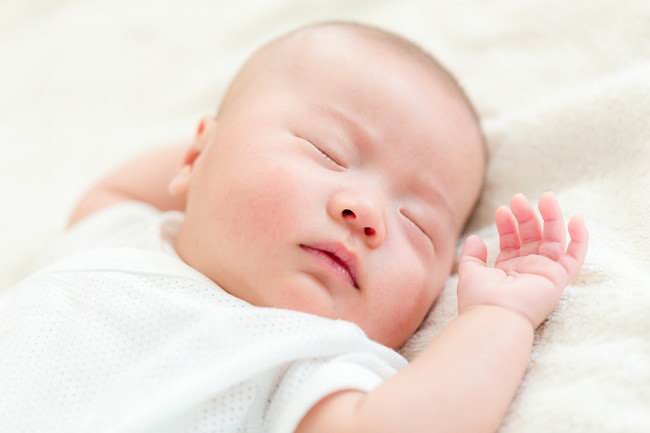A newborn's breath sounds that occur every once in a while generallyis normal. But you still need to be vigilant, because sometimes the sound of this baby's breath can be a sign that your little one is experiencing something disease, tespecially if accompanied symptom certain.
There's no need to panic if your newborn's breath sounds or sounds like a grunt. This is because newborns still need time to adapt to breathing through their noses. This condition usually lasts for several weeks.

Breath sounds in newborns can also be caused by the presence of mucus in the nose. The baby's airways have not been able to clear this mucus on their own properly, so the flow of air when breathing through the nose will make a sound.
In addition, the newborn's airway is still narrow. It can also make it easier for mucus to get stuck in the airway and make a sound when it breathes.
However, wheezing in newborns can also indicate that your little one is having difficulty breathing. One of the causes is bronchiolitis. Usually this condition is accompanied by other symptoms, namely the baby looks tight, pale, bluish lips, fever, and weakness.
Causes and Symptoms of Bronchiolitis
Bronchiolitis is inflammation due to a viral infection of the bronchioles, which are the smallest airways in the lungs. Bronchiolitis often occurs in children under two years of age. Newborns can also experience it, but it's more common at the age of 2-6 months and premature babies.
Symptoms of bronchiolitis include:
- Cough
- Nasal congestion
- A lot of mucus (snot) in the nose
- Short, rapid breaths that last more than two days
- Breath sounds wheezing
- Fever
- Fussy and have trouble sleeping
Although bronchiolitis is generally mild, babies with certain conditions can develop severe bronchiolitis, such as babies who are born prematurely, have congenital heart disease, or have birth defects.
Bronchiolitis Treatment
Newborn breath sounds caused by bronchiolitis need medical attention. If the baby seems short of breath, the doctor will suction the mucus in the baby's airway to relieve his breathing. If needed, the doctor will also give oxygen to the baby, as well as intravenous fluids to prevent dehydration.
For mild bronchiolitis, treatment can be done independently at home by:
- Breastfeed more often.
- Clean the baby's nose of mucus. You do this by dripping a sterile saline solution in your nose.
- Keep babies away from dirty air, such as dust and cigarette smoke.
- Creating a comfortable and calm atmosphere, so that the baby can rest well.
With adequate treatment, bronchiolitis usually gets better within 10 to 14 days. Antibiotics are not needed, because bronchiolitis is caused by a virus. If there is a fever, fever-lowering drugs can be given, such as paracetamol.
To make it easier for him to breathe while sleeping, lay the baby with his head slightly elevated. However, avoid supporting the baby's head with a pillow if he is still under one year old.
A newborn's breath sounds are generally normal, but keep an eye on your little one's condition. Beware of wheezing accompanied by shortness of breath, the baby looks pale or bluish, and does not want to suckle. If this is the case, immediately take your child to the doctor for treatment.









